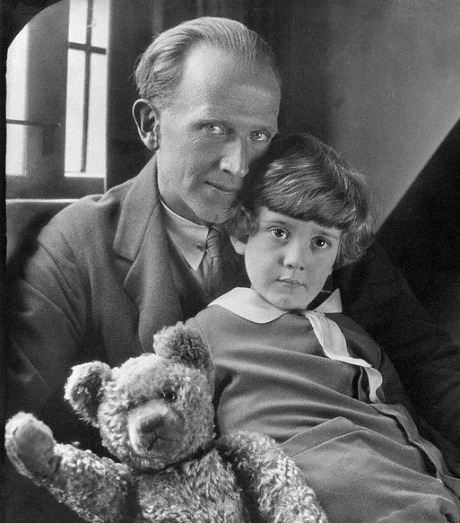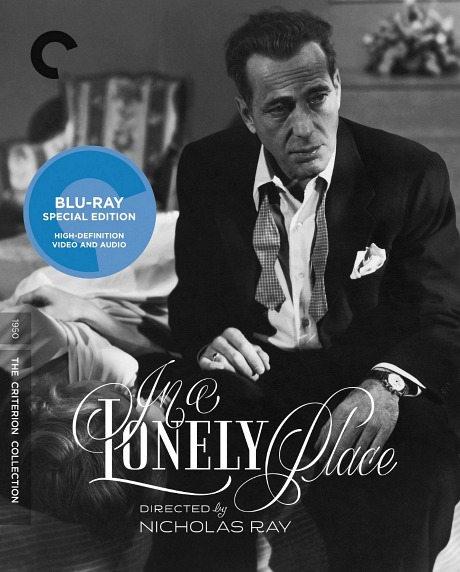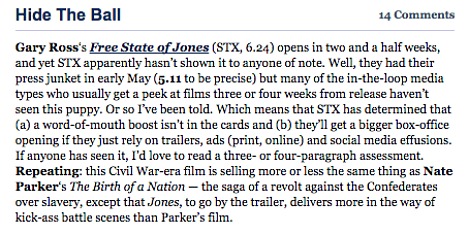Last night Jimmy Fallon said that “when we think of Orlando, we think of bliss-out vibes, frolic, people having fun” or words to that effect. Prior to last Saturday night if you had asked me for an instant “Orlando” reaction I would have said “Disneyworld, tourist schmucks, ugly, flat typography, over-developed, a must to avoid, I’ll never go there.” I once knew a married guy who said that he and his wife had vacationed twice in Disneyworld, and that they were planning to go again. It was their idea of a really nice time. You can’t order people to have a sense of taste about things. You can’t teach it. Taste is a result of a thousand distastes, and some people don’t clue #1 what the hell that even means.





